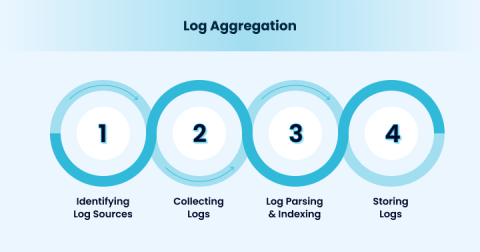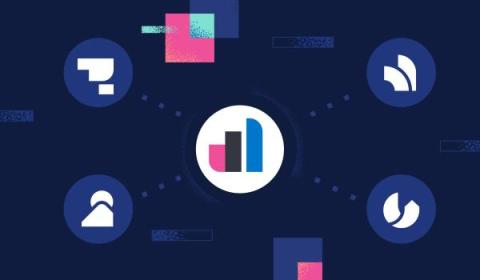Dogfooding at Mezmo: How we used telemetry pipeline to reduce data volume
Like many other organizations, we at Mezmo struggle with a lot of telemetry data, and for a while our team configured our logs to be sent to a global Mezmo Log Analysis account in our SaaS so we would have a single pane of glass to view all of our logs. Our SRE team wanted to make sure that we have experience utilizing our new pipeline product. We set out some goals before we started using telemetry pipeline.










